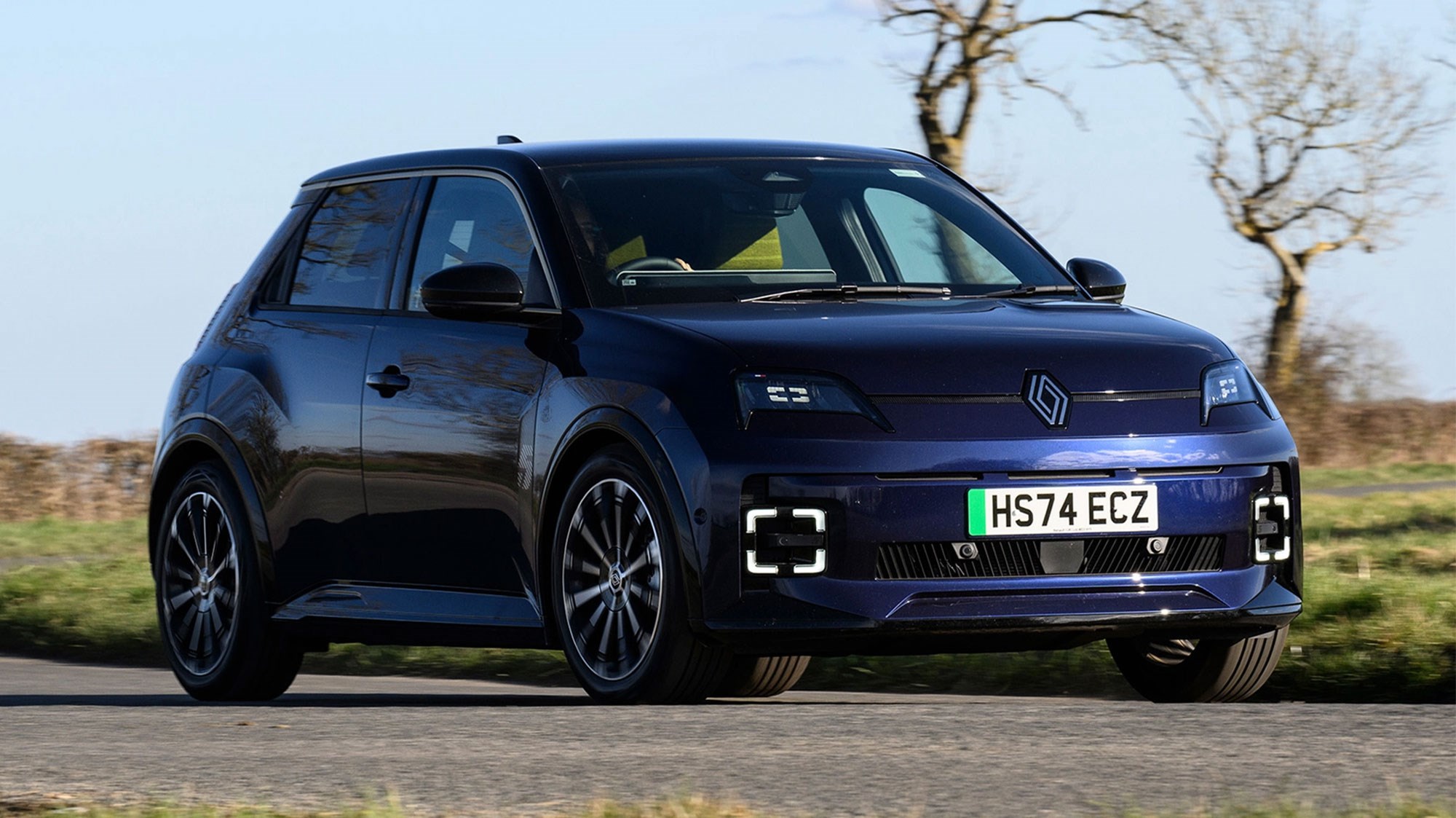The Explosive Growth of the Electric Car Market, the global transition to sustainable energy sources is undeniable, and nowhere is this shift more evident than in the booming electric car market growth. Over the past decade, electric vehicles (EVs) have evolved from a niche product, often considered a luxury, to a mainstream alternative for eco-conscious consumers and those looking to embrace the future of driving. With governments worldwide setting ambitious carbon reduction goals, automakers ramping up production, and consumers increasingly demanding cleaner, greener options, the electric car revolution is gaining unprecedented momentum.
But what exactly is driving this electric car market growth, and how are electric vehicles becoming an integral part of the future of transportation? From technological advancements to government policies, let’s dive into the forces that are pushing electric cars to the forefront of the automotive industry.
Technological Advancements and Battery Innovations
At the heart of the explosive electric car market growth is the continuous improvement in battery technology. Early electric cars were often limited by poor battery performance, which restricted their driving range and led to longer charging times. However, advancements in lithium-ion batteries and energy storage technologies have dramatically improved the efficiency of EVs.
The development of longer-lasting, faster-charging batteries has enabled electric vehicles to compete more effectively with traditional gas-powered cars. A decade ago, many electric cars could barely achieve a range of 100 miles on a single charge. Today, many mainstream models, such as the Tesla Model 3 and the Chevrolet Bolt EV, offer ranges that exceed 250 miles, making electric cars a viable option for daily commutes and even long road trips.
Not only has battery technology improved, but the cost of these batteries has significantly decreased. In fact, the cost of lithium-ion batteries has dropped by over 80% since 2010, allowing electric car manufacturers to lower their prices while maintaining quality. This price drop, combined with the advancements in battery life and performance, is a major catalyst for the rapid electric car market growth.

Government Incentives and Policies
One of the most significant factors driving the electric car market growth is the support from governments across the globe. From tax credits and rebates to stricter emissions standards, government policies have played a pivotal role in making electric cars more attractive to consumers.
For instance, in the United States, the federal government offers tax incentives of up to $7,500 for the purchase of a new electric vehicle. Many states have their own additional rebates or tax credits, further sweetening the deal for buyers. In Europe, countries like Norway, the Netherlands, and Germany have implemented substantial incentives, including exemption from road taxes and access to special EV-only lanes in major cities. These financial incentives have made electric cars significantly more affordable for the average consumer, further accelerating electric car market growth.
Additionally, governments around the world are enacting increasingly stringent environmental regulations aimed at reducing carbon emissions. These policies are pushing automakers to invest more heavily in electric vehicle technology, as they strive to meet the demands for cleaner, more sustainable transportation solutions. In some countries, such as the United Kingdom and France, the sale of new gasoline and diesel vehicles will be banned by 2035, making the transition to electric vehicles inevitable. These proactive measures are accelerating the pace at which electric vehicles are replacing internal combustion engine (ICE) vehicles, contributing to the overall electric car market growth.
Consumer Demand for Sustainability
In recent years, consumers have become more environmentally conscious, driving a growing demand for sustainable products and services. This shift in consumer attitudes is fueling the expansion of the electric car market growth. Today, many drivers are not only looking for a vehicle that is cost-effective and reliable, but they are also seeking options that align with their values of sustainability and environmental responsibility.
Electric vehicles produce zero tailpipe emissions, which is a significant selling point for environmentally conscious consumers. As concerns about air pollution, climate change, and resource depletion continue to grow, electric cars offer an attractive solution that reduces a driver’s carbon footprint. This heightened awareness of environmental issues has led more people to consider EVs as their next vehicle purchase.
In addition to environmental benefits, electric vehicles offer numerous other advantages, such as lower operating costs. With fewer moving parts than traditional vehicles, electric cars require less maintenance and tend to have lower long-term operating expenses. Furthermore, the cost of charging an electric car is typically much lower than filling up a gas tank, which adds to the appeal for budget-conscious consumers.
As more consumers embrace sustainability, automakers are increasingly responding to demand by offering a wider variety of electric vehicles at different price points. From affordable models like the Nissan Leaf and Chevrolet Bolt EV to high-end luxury options like the Tesla Model S and the Audi e-tron, there is now an electric car for nearly every type of consumer, accelerating electric car market growth.
Expansion of Charging Infrastructure
One of the early concerns surrounding the adoption of electric cars was the lack of charging infrastructure. Range anxiety – the fear of running out of battery power before reaching a charging station – was a major barrier to EV adoption. However, the rapid expansion of charging networks is helping to alleviate these concerns and is contributing to the electric car market growth.
Charging infrastructure has grown by leaps and bounds in recent years, with millions of charging stations being installed worldwide. In the United States, for example, the number of public charging stations has more than doubled in the past five years. Many governments, utilities, and private companies are investing heavily in expanding charging networks to ensure that electric vehicles are as convenient to refuel as gasoline-powered cars.
Additionally, advances in fast-charging technology are making it possible to charge electric vehicles much more quickly. High-speed chargers can now replenish an electric car’s battery to 80% in just 30 minutes or less, making long trips more feasible. The growing network of fast chargers, combined with the ability to charge overnight at home, has made electric vehicles far more convenient to own, boosting the overall electric car market growth.
Increased Investment from Automakers
As demand for electric vehicles continues to rise, automakers are investing heavily in EV production. Major automotive brands, including Ford, General Motors, BMW, Volkswagen, and Toyota, are all ramping up their electric vehicle offerings. This surge in investment is a clear sign that the automotive industry is embracing the shift toward electric vehicles, and it is driving the continued electric car market growth.
Ford, for example, has committed to investing $22 billion in electrification through 2025. The company is producing the all-electric Mustang Mach-E and the electric F-150 Lightning, a move that reflects the growing demand for electric SUVs and trucks. Similarly, General Motors plans to launch 30 new electric vehicles by 2025, with a focus on making EVs more accessible to mainstream consumers.
Even traditional luxury car manufacturers, such as Mercedes-Benz and Porsche, are entering the EV market with high-performance models like the Mercedes EQS and the Porsche Taycan. The increasing variety of electric vehicles across different price points is helping to drive the rapid electric car market growth, as more consumers are able to find an EV that suits their needs.
The Role of Global Market Leaders
Tesla has undoubtedly played a pivotal role in the explosive electric car market growth. Since its inception, the company has set the benchmark for electric vehicle technology, performance, and innovation. Tesla’s ability to combine cutting-edge technology with sleek design has allowed it to dominate the high-end electric vehicle market.
Elon Musk’s vision of a sustainable future, paired with Tesla’s innovative approach to vehicle design and battery technology, has propelled the company to the forefront of the EV industry. Tesla’s success has inspired countless other automakers to shift their focus to electric vehicles, leading to an overall increase in production and availability of EVs.
However, Tesla is not the only company leading the charge. In addition to the aforementioned brands, Chinese companies like BYD and NIO have emerged as major players in the electric car market. With aggressive strategies to expand production and increase global market share, these companies are contributing to the exponential growth of the electric car market growth.
The Future of the Electric Car Market
As the electric car market growth continues to accelerate, the future looks bright for electric vehicles. The continued development of battery technology, coupled with expanding charging infrastructure and increasing consumer demand for sustainable options, will ensure that electric vehicles play a central role in the transportation sector for years to come.
Looking ahead, we can expect to see even more innovations in EV technology. From autonomous driving to wireless charging, the next generation of electric cars will offer even more convenience and functionality. As automakers continue to push the boundaries of what’s possible with electric vehicles, the market will likely experience even more rapid growth.
Moreover, the global push for clean energy and carbon neutrality will only increase in the coming decades. With governments implementing stricter emissions standards and offering more incentives for EV adoption, the electric car market will continue to expand. By the time we reach 2030, electric vehicles may dominate the roads, significantly reducing greenhouse gas emissions and transforming the way we think about transportation.
The electric car market growth is nothing short of extraordinary. From technological advancements and supportive government policies to increased consumer demand and significant investments from automakers, electric vehicles have firmly established themselves as the future of transportation. As more people recognize the benefits of EVs – from lower emissions and reduced operating costs to improved performance and cutting-edge technology – the shift toward electric cars will only continue to gain momentum.
The road ahead is bright for electric vehicles, and with each passing year, the market is poised to expand even further. Whether you’re a driver looking to make the switch to electric or an industry stakeholder preparing for the future, one thing is clear: the age of the electric car is here, and it’s growing faster than ever before.





